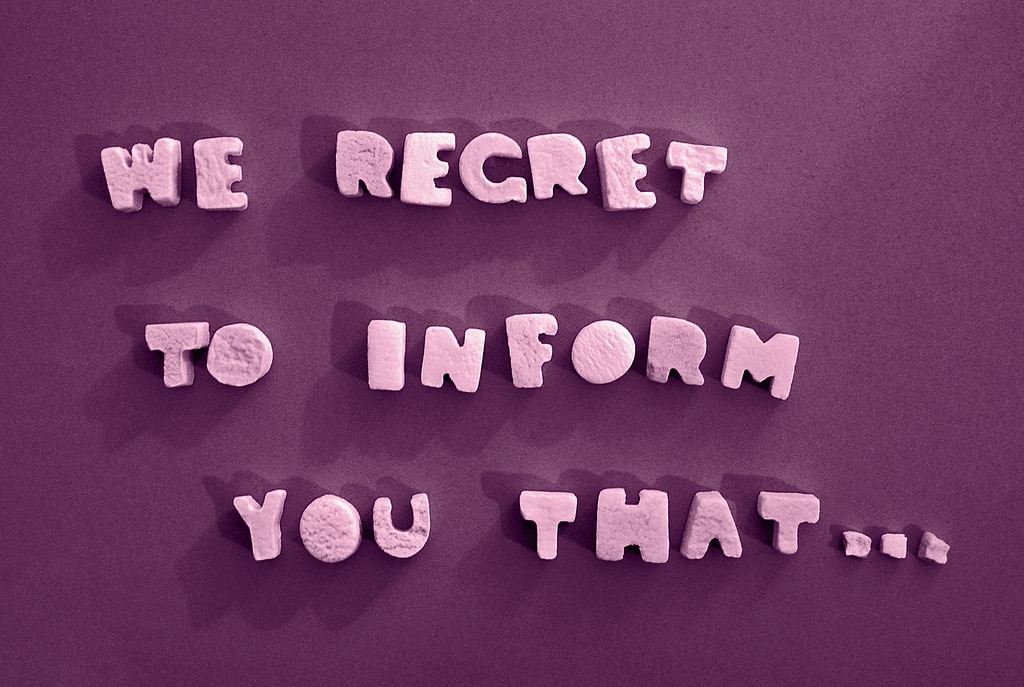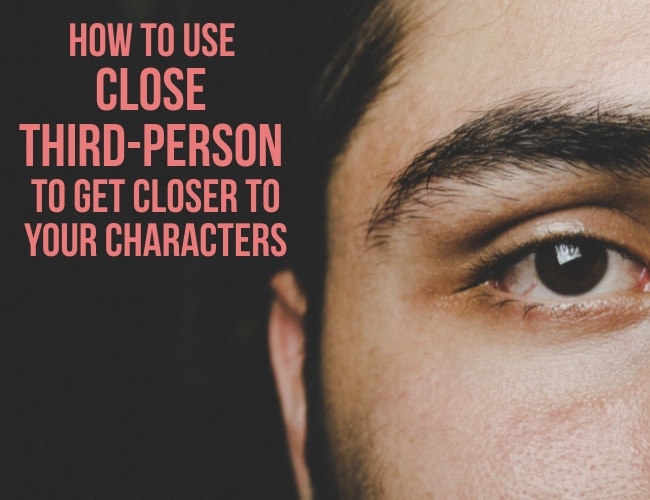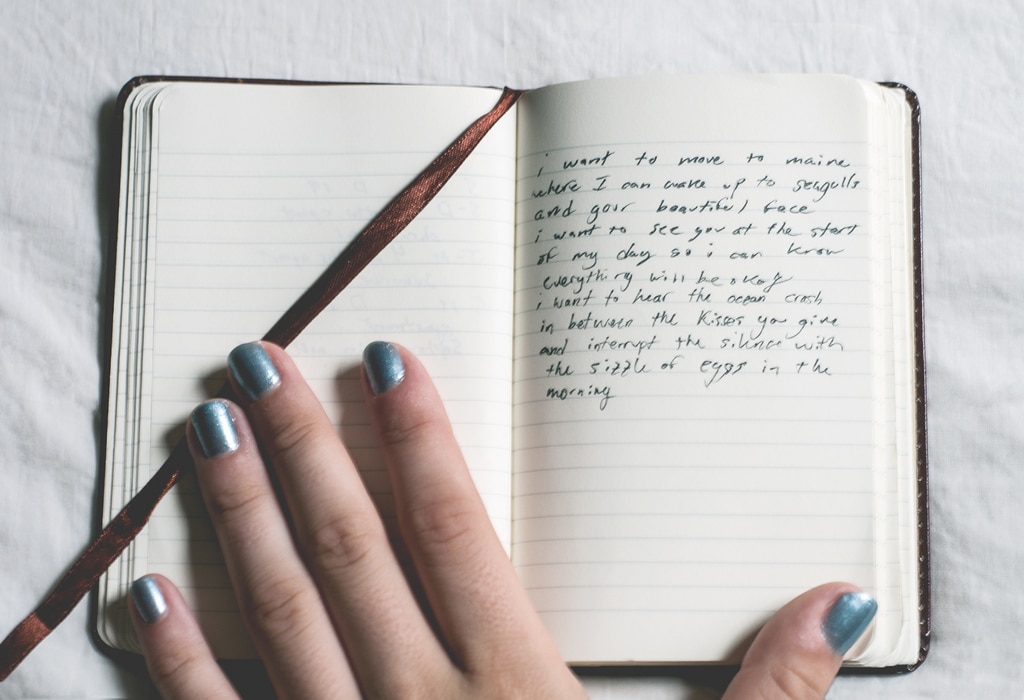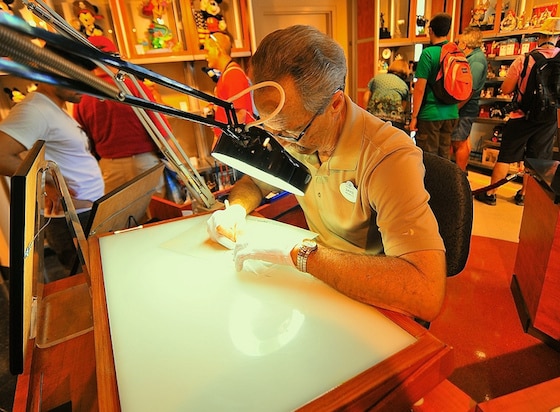
Write As You Would Vomit
I hate vomiting. It’s scary and unpleasant to expel the contents of your stomach. Also, the feeling that goes along with it should be banned worldwide. But vomiting has taught me an important lesson:
How to write!

I hate vomiting. It’s scary and unpleasant to expel the contents of your stomach. Also, the feeling that goes along with it should be banned worldwide. But vomiting has taught me an important lesson:
How to write!

Rejection is brutal. I mean, it really hurts.
When someone rejects your guest post pitch or tells you your story needs more work, your eyes well up, your chest compresses, and you have to wait for your vision to clear before you can pick your heart up from the floor. It’s painful.

Close Third-Person is important tool to have in your kit. This is a chance for the reader to become intimate with the characters. And if done correctly, you can enter the natural vernacular seamlessly.

We all face a point in our writing careers when we feel the heavy weight of writer’s block crushing our muse. We all have moments where we want to write but can’t because nothing comes to mind. Well, nothing that we consider worthwhile that is.

About a decade ago, I had the good fortune to read a screenwriting book called How to Write for Animation by Jeffrey Scott. Unlike most screenwriting books, Scott hardly mentions story theory; instead, he focuses on teaching a very practical writing process. I applied his methods in my own work, and was amazed at how helpful they were. In fact, Scott’s book turned out to be one of the three most helpful professional books I’ve read.